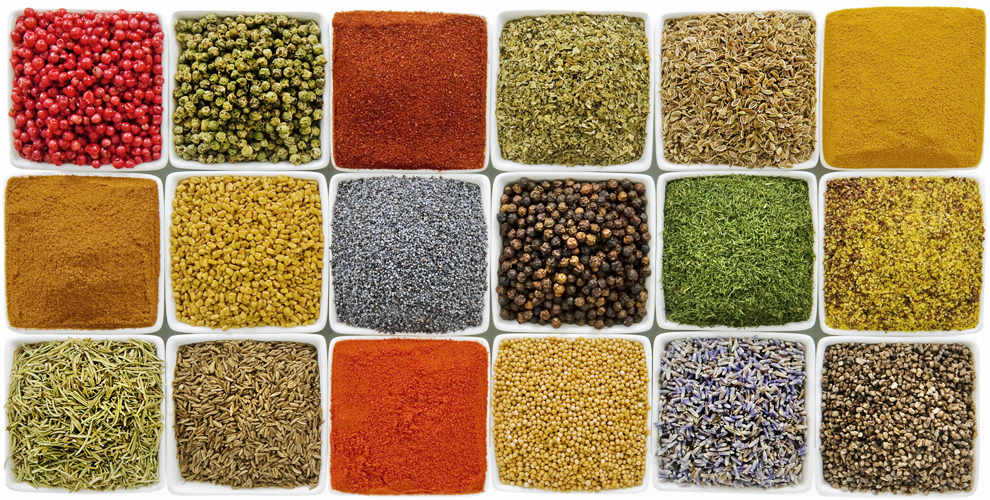
With Valentine’s Day right around the corner, there’s no better time to celebrate American Heart Month than February. Heart disease in the US has reached epidemic proportions; it is now the leading cause of death for both men and women, according to the CDC. While about 715,000 people suffer a heart attack each year, only about 27 percent of people who recognized chest pain as a symptom could recognize other major symptoms.
The good news is that heart disease is both preventable and controllable. In her article “Reading the Signs” in the January/February issue of “Healthy Living Made Simple,” Dr. Joanne Foody outlines the warning signs, risk factors and ways to prevent heart disease in yourself and your loved ones.
“A heart attack usually occurs when a blood clot blocks the flow of blood through an artery that feeds blood to the heart, causing permanent damage to the heart muscle unless treated quickly,” Dr. Foody explains in the article. While the most common cause is atherosclerosis, other causes can include very low blood pressure, a tear in the heart artery, drug use or small blood clots or tumors that form elsewhere in the body and travel to the heart.
While severe chest pain is the most commonly associated symptom of a heart attack, there are other important symptoms that should not go overlooked. “Shortness of breath and pain that spreads to the shoulders, neck, arms or jaw,” are common especially for men. “Conversely, women often experience atypical heart attack symptoms such as nausea or vomiting, dizziness, fatigue, inability to sleep and breaking out in a cold sweat,” according to Dr. Foody.
However, she says that because every case is different and everyone experiences varying degrees of symptoms, it’s easy to ignore certain ones, like indigestion and fatigue. “The key is to listen to your body and seek immediate medical treatment if you experience symptoms of a heart attack,” she says.
But how do you know if you’re at risk in the first place? Factors such as high blood pressure, high cholesterol, diabetes, obesity and lack of exercise can all play into the potential for a heart attack. “Simply put, the more cardiovascular risk factors you have, the greater your risk,” Dr. Foody says. “The key is knowing your numbers and addressing any risk factors you may be living with to help prevent ever having a heart attack.”
Recognizing a heart attack early can greatly reduce long-term damage caused to the heart muscle. If you think you are having a heart attack, do not hesitate in calling 911 and take an aspirin to reduce blood clotting. If you see someone else having a heart attack, CPR can help deliver oxygen to the brain, even if it’s hands-only.
“It can’t be repeated enough: Always call 911 when you begin to have any symptoms of a heart attack,” says Dr. Foody. “Don’t be concerned about having a ‘false alarm’ or bothering others.” Heart attack survivors may suffer from damaged tissue resulting in abnormal heart rhythms. They are also at increased risk for future heart attacks.
Besides monitoring blood pressure, cholesterol and getting plenty of exercise, getting a good dose of omega-3 fatty acid can help protect you from heart disease. But you don’t have to get your omega-3s from fish oil alone anymore. Krill oil is relatively new and developed from a small crustacean. It is delivered as a phospholipid as opposed to the traditional triglyceride form. Early studies have indicated that the body may be able to utilize smaller amounts of the phospholipid krill oil to achieve the same results as triglyceride sources, according to the article.
Why not celebrate American Heart Month by getting your numbers checked and being proactive about one of the most important muscles in your body? You won’t regret it, and your family, friends and loved ones will thank you!
Read the full article here.


